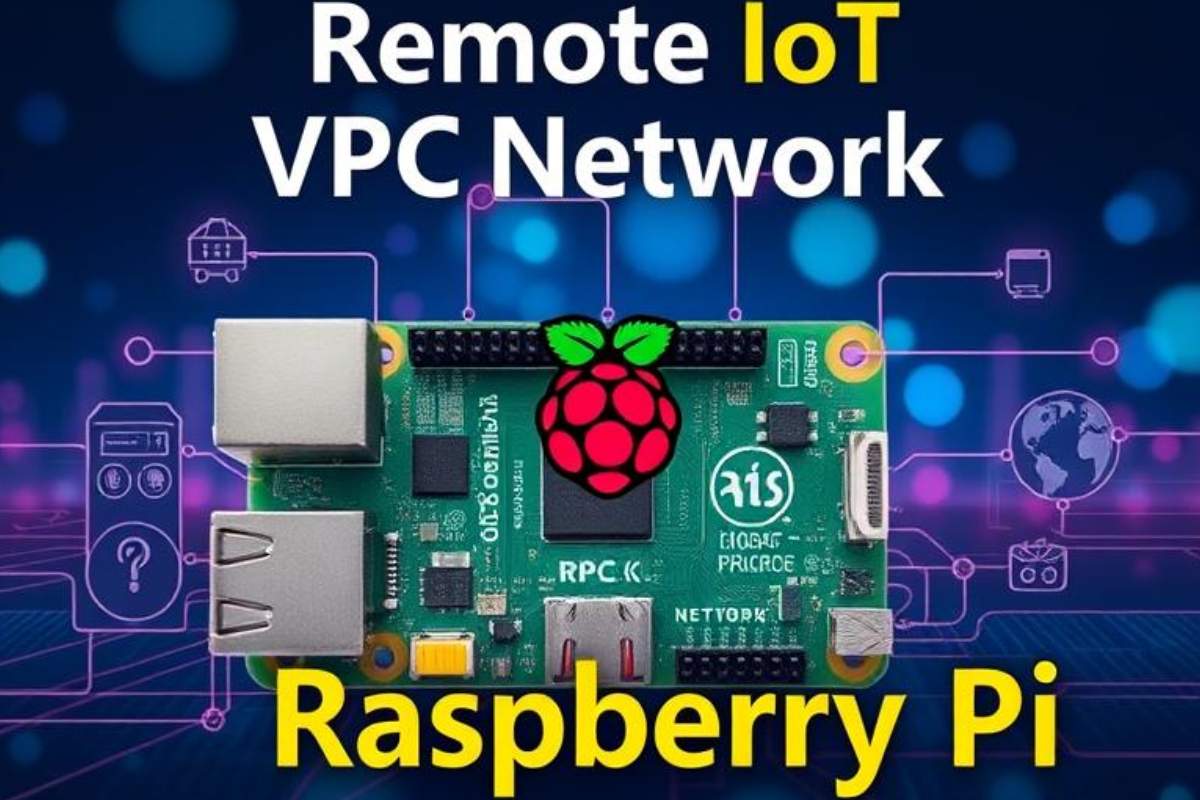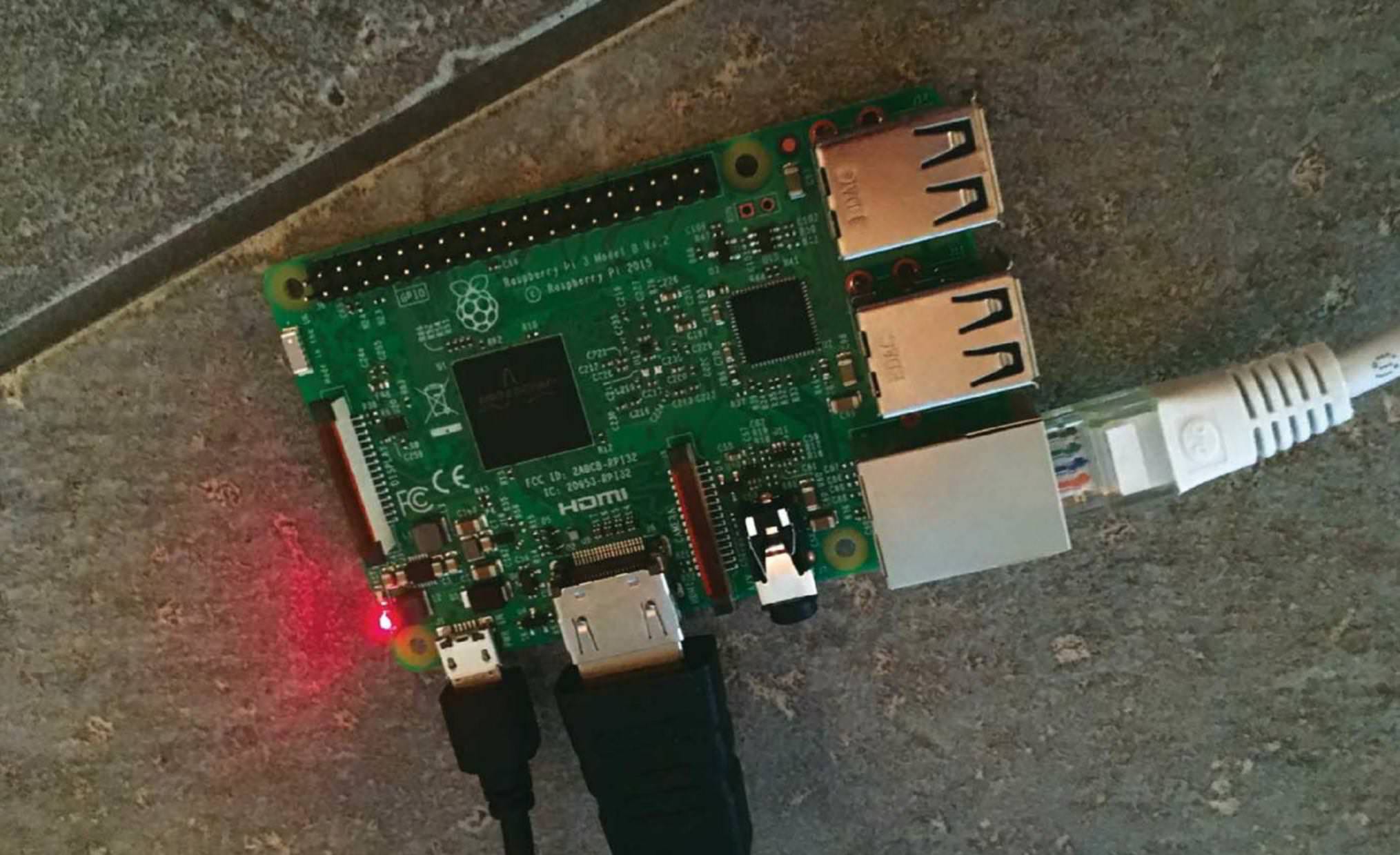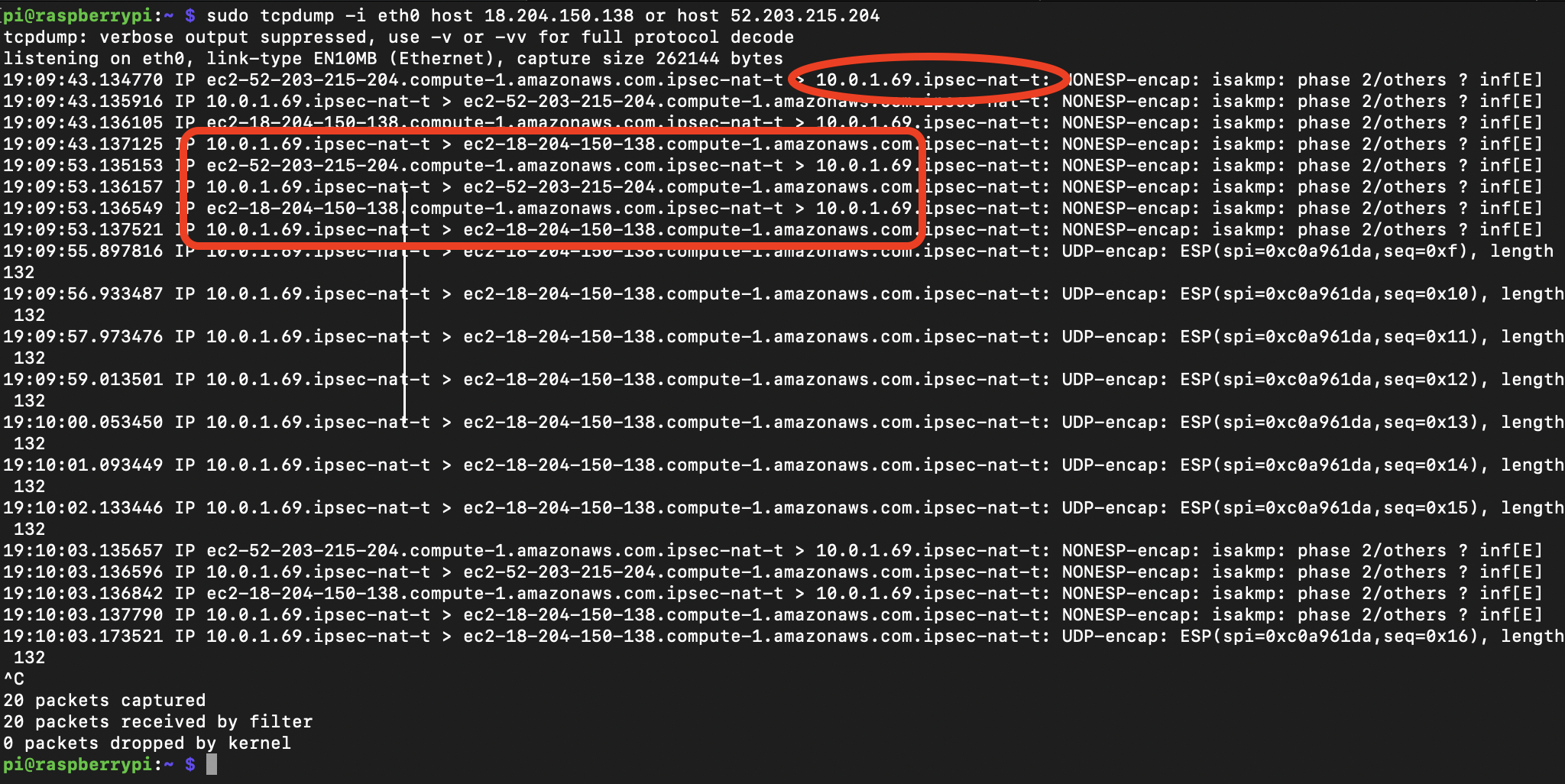Have you ever thought about having your very own private spot on the internet, just for your small devices like a Raspberry Pi? It’s a pretty neat idea, honestly. This kind of setup means your little computers can talk to each other and to you, all without sharing their conversations with the whole wide world. It feels like having a secret clubhouse for all your gadgets, where only invited members get to hang out and share information. You get to decide who gets in and who stays out, which is a rather comforting thought when you think about keeping things private.
Getting your own secure space for your devices, especially those tiny Raspberry Pi computers, might sound like a big deal, something only huge companies do. But, as a matter of fact, it’s becoming more and more something anyone can set up. Think of it like this: instead of your devices shouting their messages across a busy public square, they get to whisper in a quiet, walled garden. This private garden is where your internet-connected things can do their work, send their updates, or get their instructions, all in a very protected way. It helps make sure that what happens with your devices stays just with your devices, or with the people you choose to let in.
The really good news is that setting up this kind of private internet hangout for your Raspberry Pi and other little gadgets doesn't have to cost you a fortune. In fact, there are ways to do it without spending any money at all on certain parts of the setup. This opens up a lot of possibilities for folks who like to tinker or build things, giving them a way to connect their creations from afar, knowing they are pretty safe. It’s about giving your small computers a special place to connect, allowing them to work together or report back to you, even if you are miles away, which is pretty cool.
Table of Contents
- What is a Private Space for Your Devices, Anyway?
- How Can Your Raspberry Pi Talk to Others Safely?
- Is Getting a RemoteIoT VPC Network Really Free?
- Getting Your RemoteIoT VPC Network Started
- Making Your Raspberry Pi Part of a RemoteIoT VPC Network
- What Happens When Your RemoteIoT VPC Network Grows?
- Keeping Your RemoteIoT VPC Network Secure
- The Good Stuff About a Free RemoteIoT VPC Network
What is a Private Space for Your Devices, Anyway?
When we talk about a "private space" for your devices, especially in the context of a remoteiot vpc network raspberry pi free setup, we are really talking about a special section of the internet that is just for you. Think of the internet as a very, very big city. Most of the time, when your devices connect, they are out in the open, on the main streets, where anyone might see them. A private space, or what some call a Virtual Private Cloud (VPC), is like having your own quiet street or even a whole neighborhood within that big city. Only the people and devices you invite can come onto your street. This means your little gadgets, like your Raspberry Pi, can chat and share things without worrying about eavesdroppers or uninvited guests. It is a way of creating a secure bubble for your connected things, making their communications much more protected. This kind of arrangement is pretty useful for keeping your device activities to yourself, which is something many people really appreciate these days, naturally.
How Can Your Raspberry Pi Talk to Others Safely?
So, how does a small computer like a Raspberry Pi actually talk to other things or to you in this private remoteiot vpc network raspberry pi free setting? Well, it uses special ways of communicating that are a bit like sending messages in code. When your Raspberry Pi sends out information, it is not just sending it openly for anyone to pick up. Instead, it sends it through a kind of hidden tunnel that goes directly to its intended recipient within your private space. This tunnel makes sure that even if someone were to try and listen in, they would just hear jumbled noise, not your actual messages. It is a bit like having a secret handshake or a special language that only your devices understand. This way, your Raspberry Pi can send readings from a sensor, or receive a command to turn something on, and you can feel pretty sure that the message got there without anyone else peeking. This method helps keep your data safe and sound, which is, honestly, a rather important aspect of having things connected to the internet.
Is Getting a RemoteIoT VPC Network Really Free?
The idea of a remoteiot vpc network raspberry pi free solution sounds pretty good, but is it truly free? Well, in many cases, yes, some parts of it can be. When we say "free," we often mean that the core tools or services you use to set up this private space might not have a direct cost. For example, there are many open-source software options available that let you build these secure connections without paying for a license. Also, some cloud service providers offer a "free tier" or a certain amount of usage without charge, which can be enough for personal projects or smaller setups involving a few Raspberry Pis. So, while you might need to have a Raspberry Pi itself, and perhaps some other bits and pieces, the actual networking part, the 'private space' bit, can often be put together without monthly fees. It's about being smart with the tools you pick and using what's already out there for public use, which is a very appealing part of this whole idea for many folks, as a matter of fact.
Getting Your RemoteIoT VPC Network Started
To get your own remoteiot vpc network raspberry pi free setup going, you usually start with a few simple steps. First, you might pick out a service or a piece of software that helps you create that private section of the internet. There are options that let you do this right from your own computer, or you can use services that live on the internet, often with a free starting point. You then tell this service or software which of your devices, like your Raspberry Pi, you want to include in your private space. It is a bit like drawing a map of your new private neighborhood and deciding which houses belong there. Once you have this basic layout, you can then begin to connect your devices one by one. This initial setup is more about getting the framework in place, making sure the pathways are ready for your devices to use. It is pretty much about setting the stage for all the cool things your connected gadgets will do, you know?
Making Your Raspberry Pi Part of a RemoteIoT VPC Network
Once you have your private internet space ready, the next step is to actually get your Raspberry Pi to join your remoteiot vpc network raspberry pi free setup. This usually involves putting a small piece of software onto your Raspberry Pi. This software acts like a special key or a membership card, letting your Raspberry Pi know how to find and use your private internet section. It helps your Raspberry Pi understand the secret language needed to talk safely within your private network. You might do this by typing a few commands into your Raspberry Pi or by loading a small file onto it. It's not as tricky as it sounds, honestly. Once that little piece of software is running, your Raspberry Pi can then start sending and receiving information through your private tunnel. This means it can be sitting in your living room, or even across town, and still be a part of your secure device group, which is quite handy.
What Happens When Your RemoteIoT VPC Network Grows?
Let's say you start with one Raspberry Pi in your remoteiot vpc network raspberry pi free setup, and then you decide you want to add more. What happens then? Well, the good thing is that these private networks are usually set up to be pretty flexible. Adding more devices, whether they are other Raspberry Pis or different kinds of internet-connected gadgets, is often just a repeat of the steps you took for the first one. You simply give the new device its special key or membership card, and it joins your private space. The network itself can usually handle quite a few devices without getting bogged down. It's like building more houses on your private street – as long as you have the space and the connections, you can keep adding. This flexibility means you can start small and then grow your connected device setup as your ideas get bigger, which is, in some respects, a very liberating feeling for anyone working on projects.
Keeping Your RemoteIoT VPC Network Secure
Keeping your remoteiot vpc network raspberry pi free system safe is, of course, a big part of why you set it up in the first place. The private nature of the network itself is a good start, but there are other things you can do. For instance, making sure your Raspberry Pi's software is kept up to date is pretty important. Software updates often include fixes that help keep things secure. Also, using strong passwords for anything connected to your network is a simple but really effective step. Think of it like putting good locks on all the doors of your private houses. You might also want to limit what each device can do within the network. If a Raspberry Pi only needs to send temperature readings, you can set it up so it can't accidentally (or on purpose) do other things, which helps keep everything tidy and safe. These small actions help keep your private device world just that – private and safe, which is a good feeling.
The Good Stuff About a Free RemoteIoT VPC Network
There are quite a few good things about setting up a remoteiot vpc network raspberry pi free system. For one, the cost factor is a huge plus. Being able to experiment and build without having to worry about big monthly bills for network services is a real benefit for hobbyists, students, or anyone on a budget. Then there's the privacy aspect; knowing that your devices are talking to each other in a protected way gives a lot of peace of mind. You are not broadcasting your information to the general public internet. It also offers a lot of freedom to create. Since you control your private space, you can set up your Raspberry Pis to do almost anything you can think of, from monitoring your plants to controlling lights, all with a decent level of security. It really opens up possibilities for personal projects and learning, giving you a safe playground for your connected ideas, you know, which is pretty much what many people are looking for these days.
Related Resources:



Detail Author:
- Name : Cameron Ritchie
- Username : blick.abraham
- Email : alice91@yahoo.com
- Birthdate : 1972-03-25
- Address : 110 VonRueden Overpass Apt. 274 Johnsview, MO 86844
- Phone : 1-785-255-3532
- Company : Turner LLC
- Job : Media and Communication Worker
- Bio : Dolorum ducimus praesentium cupiditate. Itaque ex eum ut doloribus. Nobis laboriosam et a necessitatibus in.
Socials
linkedin:
- url : https://linkedin.com/in/cristina9917
- username : cristina9917
- bio : Expedita doloribus ipsum dicta molestias.
- followers : 6816
- following : 2421
twitter:
- url : https://twitter.com/cristina8497
- username : cristina8497
- bio : Tenetur quibusdam sequi aliquam voluptas quia. Repellendus hic dignissimos corporis dolores repudiandae.
- followers : 2708
- following : 106